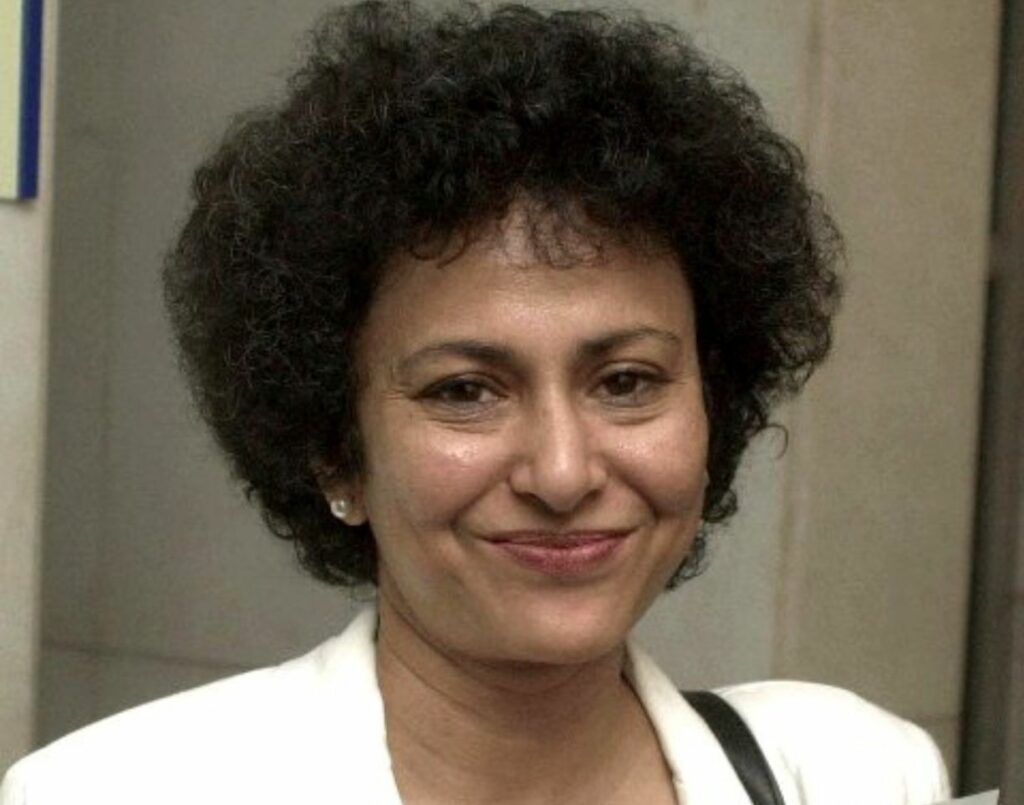To the Office of the Special Rapporteur on freedom of expression and opinion
Dear Special Rapporteur Ms Khan
We welcome your latest report on the impact of the genocide in Gaza on freedom of expression globally which you presented to the General Assembly earlier this month.
The report found an extensive pattern of unlawful, discriminatory and disproportionate restrictions on advocacy for the rights of Palestinian people.
The “suppression of protests and dissent and undermining of academic and artistic freedoms in polarized political environment; and restrictions on legitimate political expression in the name of fighting terrorism and antisemitism” highlighted in the report are all concerns that we have been reporting continuously since last October and which we have passed on to your offices. To date we have submitted two reports which are available to read here and here.
In the face of widespread political and media suppression of these grave human rights concerns, the report shines a much needed ray of light on the situation. However, much more needs to be done, particularly in the field of implementing the recommendations and enforcing international human rights standards.
Moreover, the multitudinous human rights abuses of pro-Palestine advocates must all be followed up with respective governments to ensure that they uphold the right to freedom of opinion and expression and provide redress to the victims of its abuse.
We particularly welcome the finding that the “working definition” of antisemitism of the International Holocaust Remembrance Alliance is inconsistent with international human rights law and should not be used to define policy or regulate speech.
As you correctly state, “It has been adopted by 43 States and is used in practice as a quasi-legal basis to restrict expression on the grounds of antisemitism. Its adoption across Europe has been a source of serious concern in relation to freedom of expression and other human rights. The previous Special Rapporteur on contemporary forms of racism, racial discrimination, xenophobia and related intolerance found the “working definition” to be “divisive” and “politically instrumentalized”.”
Since its introduction in 2016, IHRC has frequently noted how the IHRA definition has been deliberately weaponised to muzzle anti-Israel critics by conflating legitimate criticism with anti-Semitism. Indeed the United Nations itself on several occasions has warned of the deletorious consequences of this trend on freedom of expression.
For example, the Special Rapporteur on contemporary forms of racism, racial discrimination, xenophobia and related intolerance, E. Tendayi Achiume (report of 2022), points 72-76, said: “The Special Rapporteur calls upon Member States to suspend the adoption and promotion of the International Holocaust Remembrance Alliance working definition of antisemitism and the examples attached to it.”
We urge you to continue to work with civil society organisations and governments to further the implementation of your recommendations. IHRC is only too happy to continue to cooperate with your office in order to help advance your aims.
Massoud Shadjareh
Chair, Islamic Human Rights Commission







